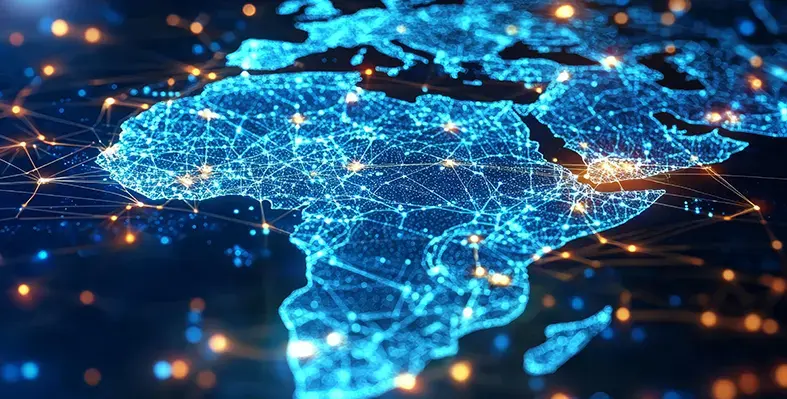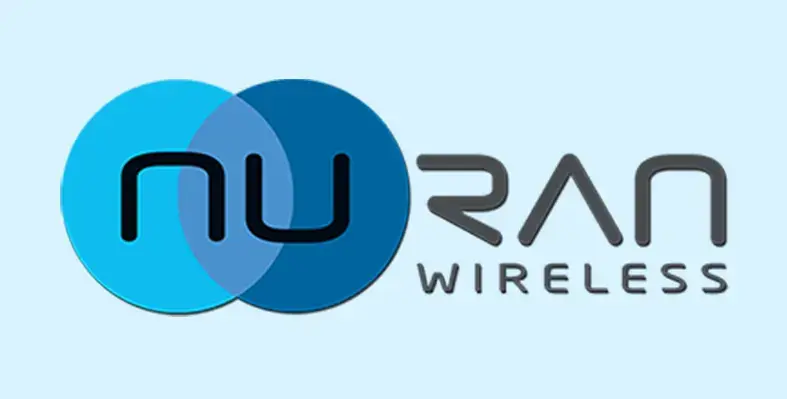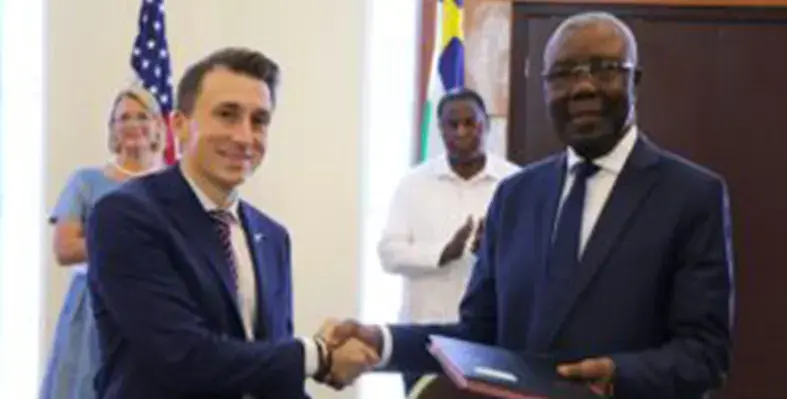Cameroon has completed a draft memorandum of understanding (MoU) for participation in the Medusa Africa submarine cable system, according to Business in Cameroon
The MoU has been submitted to the Presidency for “High Approval”, marking the first step toward the State’s formal commitment to the project
The country’s investment in the initiative is estimated at CFA32.8 billion (approx. US$58.5mn). Medusa Africa represents the West African branch of the broader Medusa system, led by AFR-IX Telecom Group, a Barcelona-based operator already present in Cameroon through a local subsidiary. Co-funded by the European Union, the cable is scheduled to become operational in 2028, linking Southern Europe to the Maghreb and Africa’s Atlantic coast, with planned landing points in Dakar, Abidjan, Accra, Lagos, Kribi, Libreville, Luanda, and Cape Town.
The European Commission has granted €14.3 million through the CEF Digital programme to support the project, while the U.S. Trade and Development Agency (USTDA) has provided approximately US$1.5mn for a feasibility study to extend the system into Africa.
Cameroon currently connects to five international submarine cables—SAIL, WACS (West Africa Cable System), SAT-3/WASC, NCSCS, and Ceiba-2—with Camtel as the sole operator owning and managing these systems. SAIL, NCSCS, and Ceiba-2 connect Cameroon to Brazil, Nigeria, and Equatorial Guinea, while WACS and SAT-3/WASC provide connectivity to Europe, North Africa, and Southern Africa. Ceiba-2 also links Cameroon to the ACE (Africa Coast to Europe) cable through Equatorial Guinea.
Despite this network, Camtel reportedly uses only 16% of the combined capacity of its submarine cables. Individual usage rates vary: 6% for SAIL, 57% for WACS, 29% for SAT-3, and 92% for NCSCS. Business in Cameroon notes that this underutilisation raises questions about the regional market’s capacity to absorb additional bandwidth and the operator’s commercial strategy.
Camtel attributes the low utilisation to limited Internet penetration in the sub-region, contrasting earlier projections of high bandwidth demand. Additionally, 83% of African Internet traffic is directed toward Europe, reducing the attractiveness of the SAIL cable. High pricing for capacity to Europe and South Africa via WACS, SAT-3, and NCSCS has further discouraged traffic routing through SAIL. The recent activation of Equiano and 2Africa cables, which have lowered regional capacity prices, has compounded the challenge.
Cameroon’s participation in Medusa Africa is expected to redirect traffic flows and may require reconfiguration of commercial offers to fully leverage existing assets. With 24 fiber pairs per segment and a capacity of 10–18 Tbit/s per pair, Medusa is designed as an open, independent system capable of supporting Cameroon’s digital growth for at least 25 years. For the country, it also provides a critical replacement for the aging SAT-3 cable, whose capacity limitations and maintenance costs have become increasingly burdensome.


























